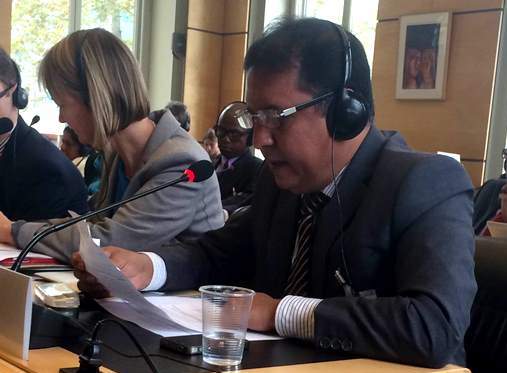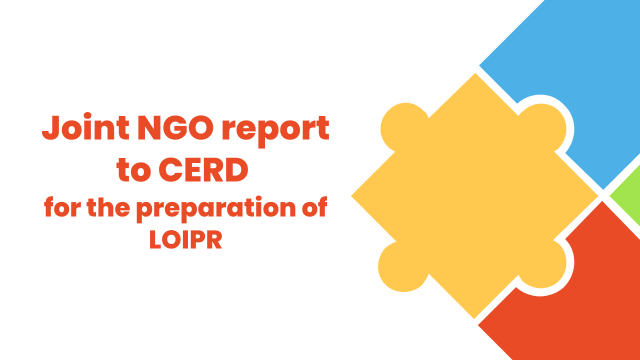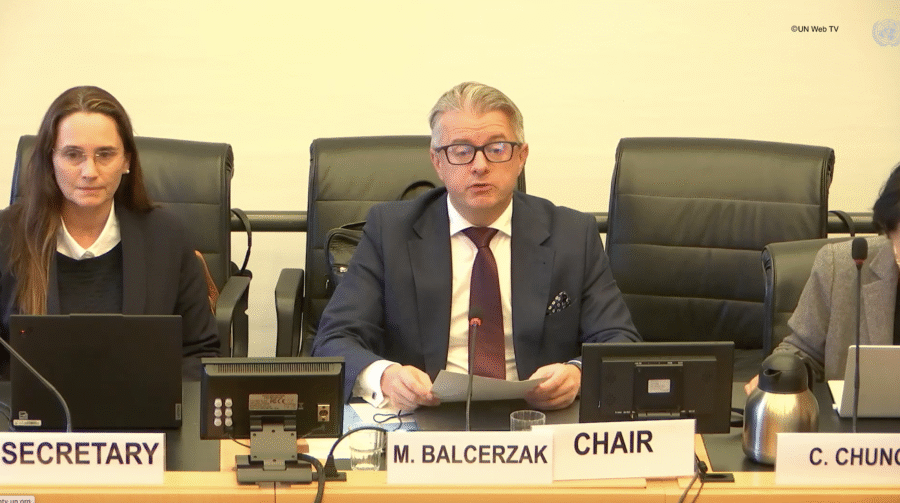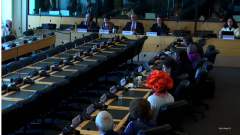UN rights experts stand for human rights defenders in Sri Lanka
November 4, 2014
United Nations Human Rights Committee, a body of the International Covenant on Civil and Political Rights composed of 18 independent experts, expressed its concern on the information in which human rights defenders, journalists, lawyers and others have reportedly been facing intimidation and harassment including physical attacks, death threats and administrative detention. It also concerned on defamation campaigns against human rights defenders and the State’s failure to hold perpetrators of reprisals accountable.
IMADR presented a joint oral intervention with FORUM-ASIA on “Attacks and reprisals against human rights defenders” at the NGO briefing with the Committee.

In its concluding observations, the Committee recommended the Government of Sri Lanka the followings with regard to freedom of expression and the participation in the political process:
- “The State party should refrain from any measures amounting to intimidation or harassment taken against persons exercising the right to freedom of expression, and ensure that any restriction to the right is in compliance with article 19, paragraph 3 of the Covenant.”;
- “It should vigorously investigate all cases of threats and attacks against journalists, lawyers, clergymen, political activists, NGO workers and human rights defenders, hold the perpetrators accountable, and provide effective remedies to victims.”; and
- “Furthermore, it should ensure that any individual or organization can freely provide information to the Committee and protect them against any reprisals for providing such information.”
The concluding observations of the Committee reflected the joint civil society submission and the individual report of IMADR to the treaty body, which addressed the issues of independence of judiciary, discrimination and violence against women, abortion, the Prevention of Terrorism Act, enforced disappearances, freedom of expression and the right to life in relation to accountability.
At various United Nations human rights bodies, especially at the Human Rights Council, IMADR has been calling for truth, justice and accountability in Sri Lanka with regard to a series of serious violations of international humanitarian and human rights law, including extrajudicial killings, enforced disappearances, wide scale civilian casualties and the Muttur massacre. In the concluding observations’ paragraph 15 on the right to life, the Committee also recommended the Government to Sri Lanka to:
(a) “Cooperate with the Office of the High Commissioner for Human Rights in investigating all allegations of serious human rights violations”; and,
(b) “In the context of the Muthur and Trincomalee cases as well as other similar cases, consider allowing witness testimony by video-link from secure and secret locations in order to facilitate the investigations with due regard to the needs of witness protection.”
The archived webcast of the review of Sri Lanka by the Human Rights Committee is available online.





